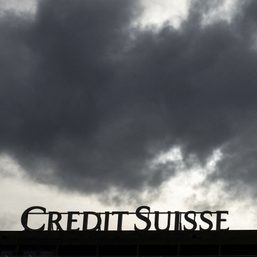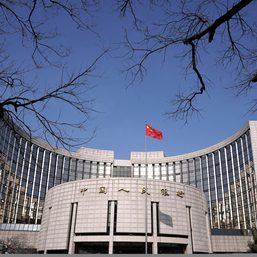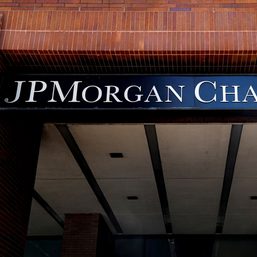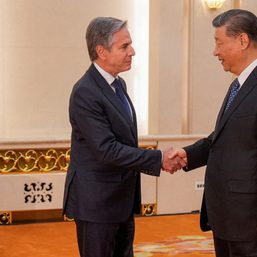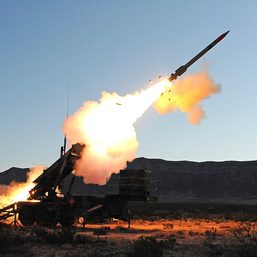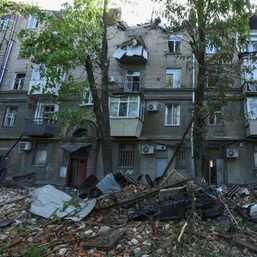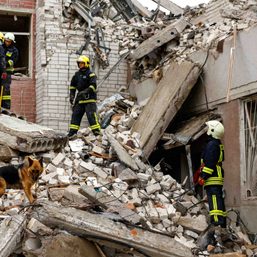SUMMARY
This is AI generated summarization, which may have errors. For context, always refer to the full article.
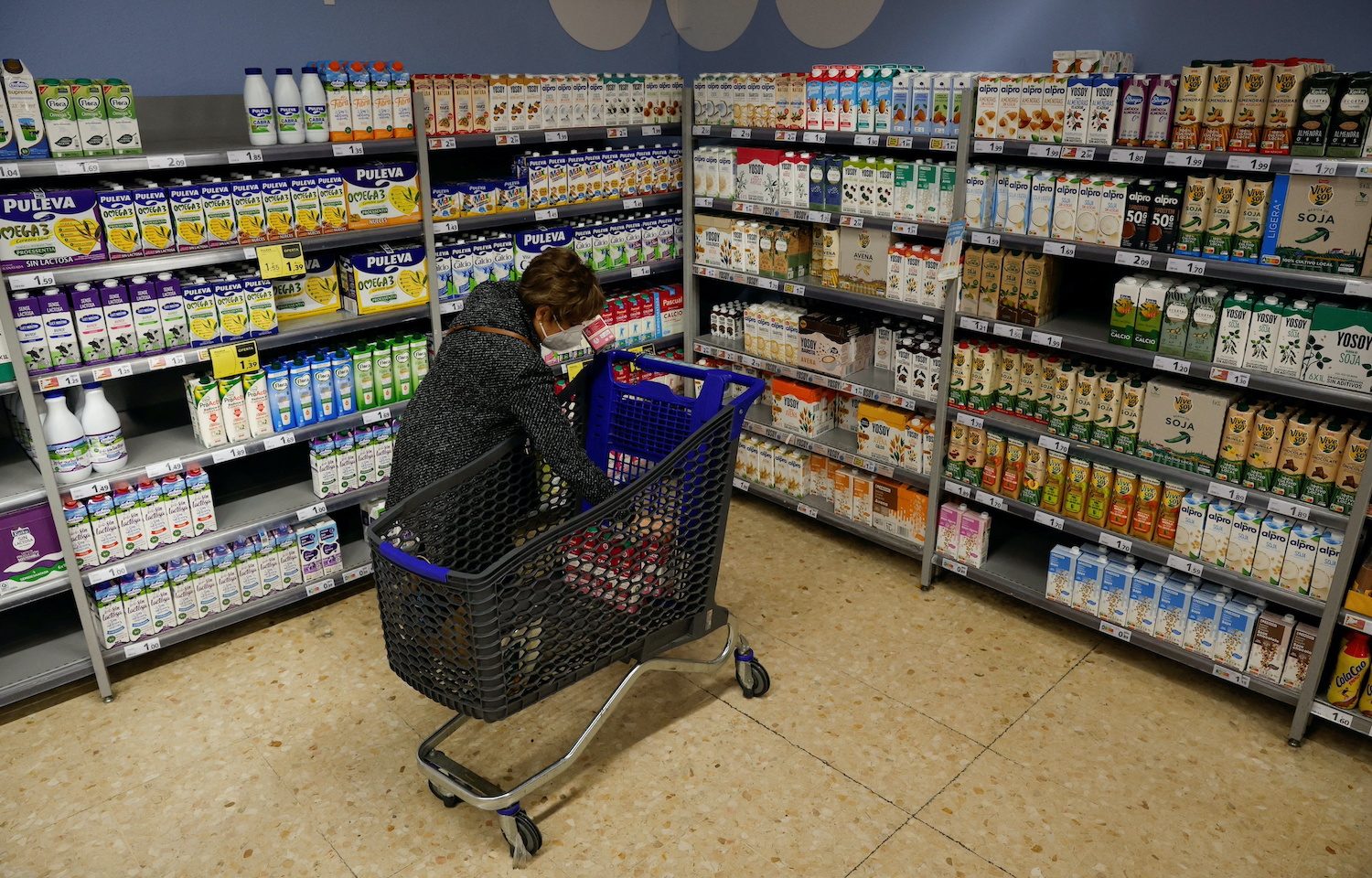
LONDON, United Kingdom – An inflationary wave unleashed by the war in Ukraine and the response to COVID-19 may be hard to stop because of an energy price shock, sanctions that are exacerbating supply chain problems, and labor shortages, Deutsche Bank Wealth Management said.
“The rhino in the room has been unleashed and may now prove difficult to stop,” Deutsche Bank Wealth Management global chief investment officer Christian Nolting said in a research note, adding consumer price inflation in the United States had breached the 7% threshold.
“Longer-term issues such as the shrinking workforce and the growing share of GDP (gross domestic product) generated by labor-intensive services are likely to remain and inflation is therefore unlikely to return to its pre-pandemic level in the years to come.”
Nolting said the sanctions imposed on Russia over the invasion of Ukraine were making supply chain problems worse while the oil and gas price shock could drive prices even higher.
“In the developed economies, already elevated inflation rates may now be driven even higher given the conflict-induced oil and gas price shock,” he said.
“Sanctions as well as businesses halting their operations in Russia are exacerbating supply chain problems,” he said. “Furthermore, shortages in platinum, palladium, or even neon are hampering the manufacturing of intermediate products.”
Economic growth in the United States will outstrip that of the eurozone in 2022 and 2023 because of the conflict in Ukraine and Europe’s dependence on energy imports, Nolting said.
“We now expect US growth to outstrip that of the eurozone in both 2022 and 2023 because of the eurozone’s geographical proximity to the conflict zone and Europe’s structural disadvantage as the world’s largest net importer of energy.”
Russia’s economy will contract 8% year on year in 2022, Deutsche Bank said, with zero growth in 2023.
The United States will grow 3.4% in 2022 while the eurozone will grow 2.8% and China by 4.5%, Deutsche said.
The wealth management arm is part of Deutsche Bank’s International Private Bank which has more than 300 billion euros under management. – Rappler.com
How does this make you feel?
